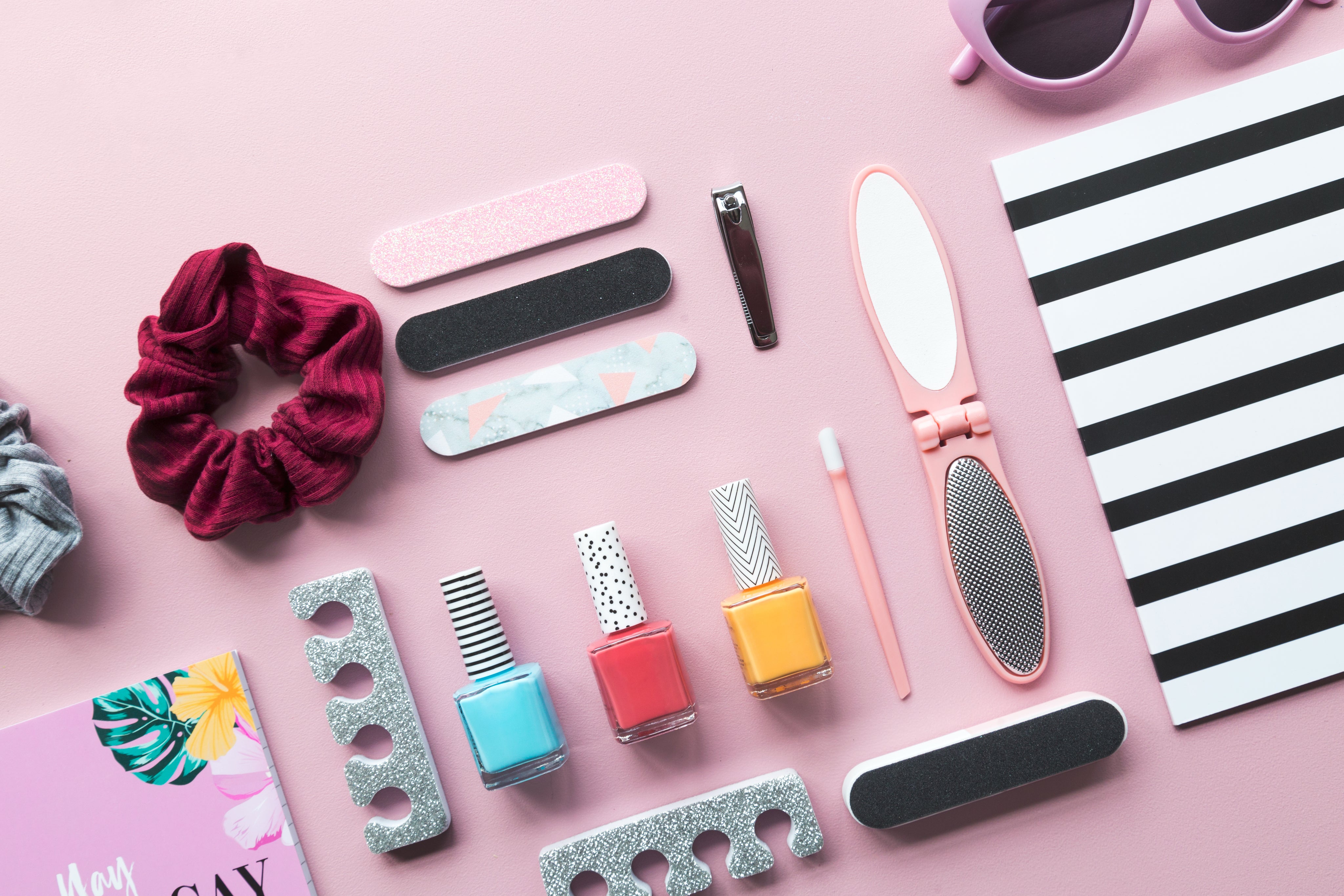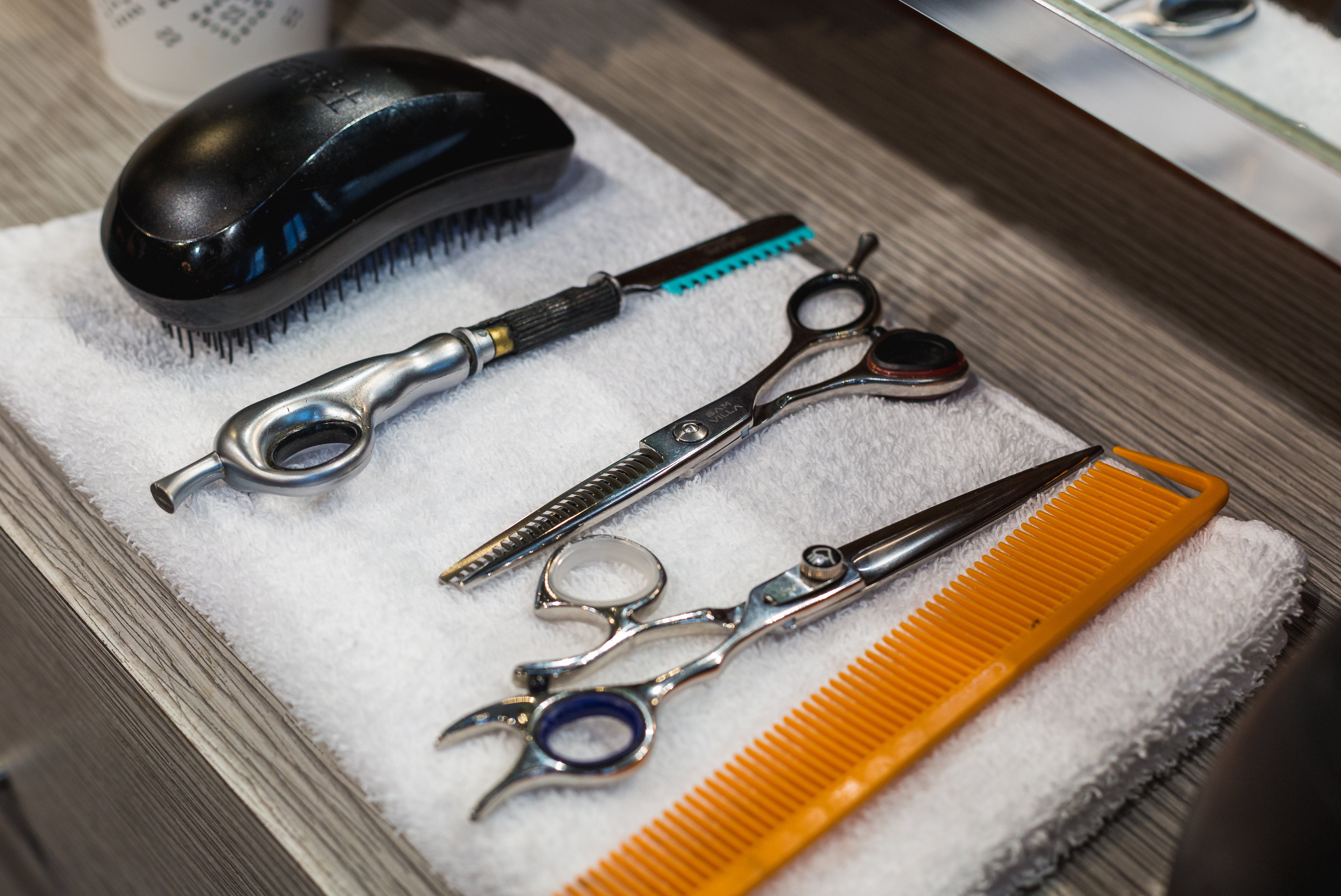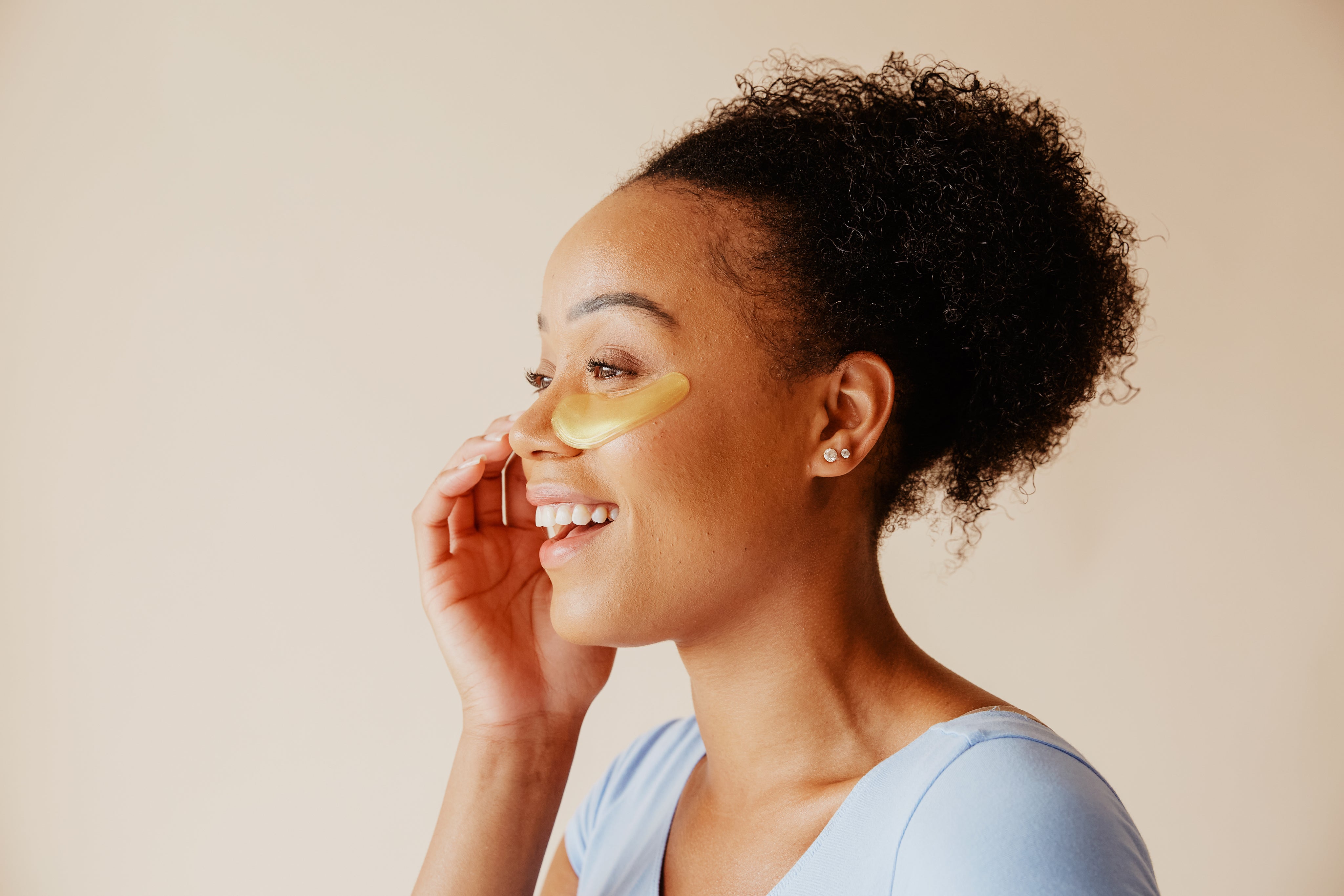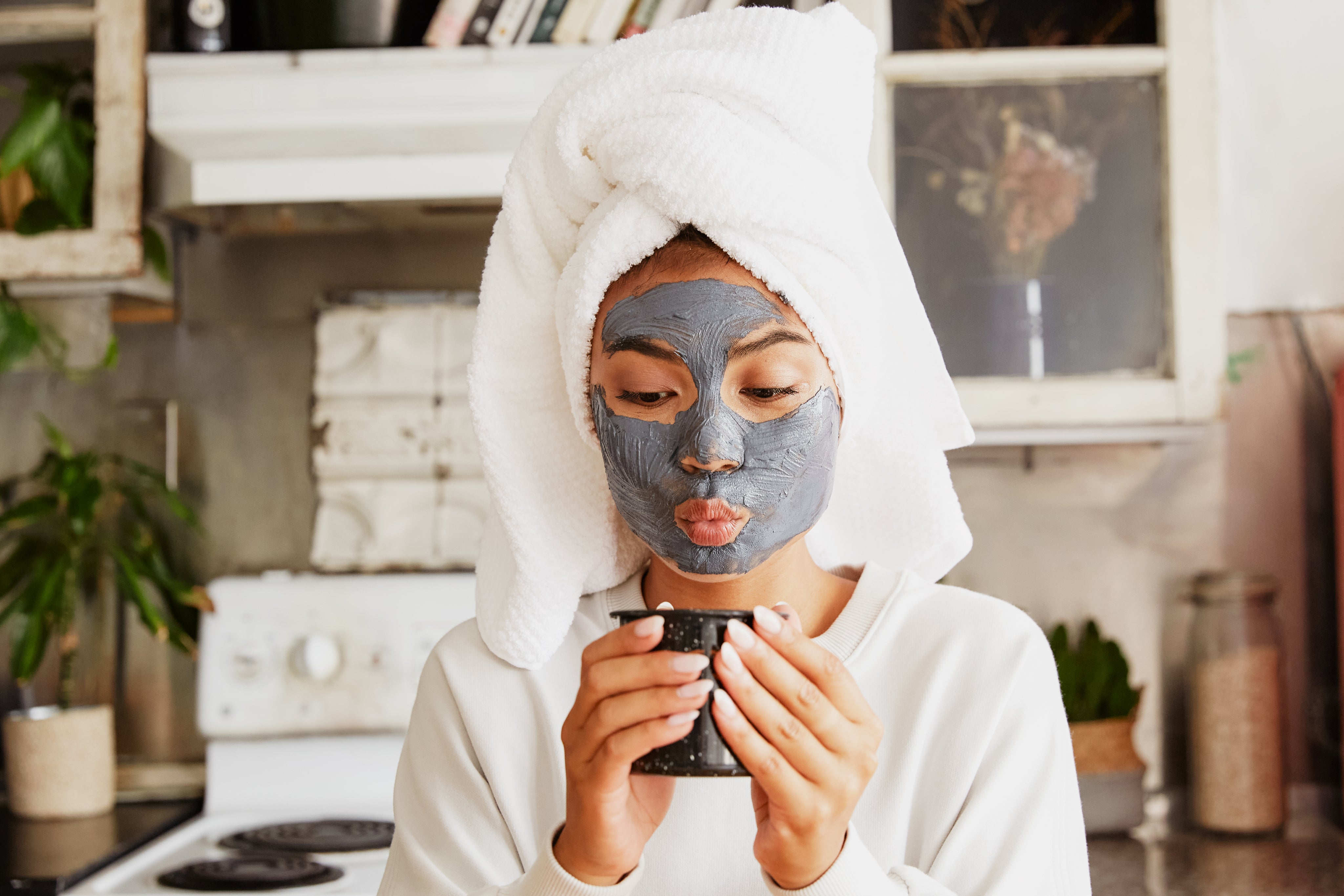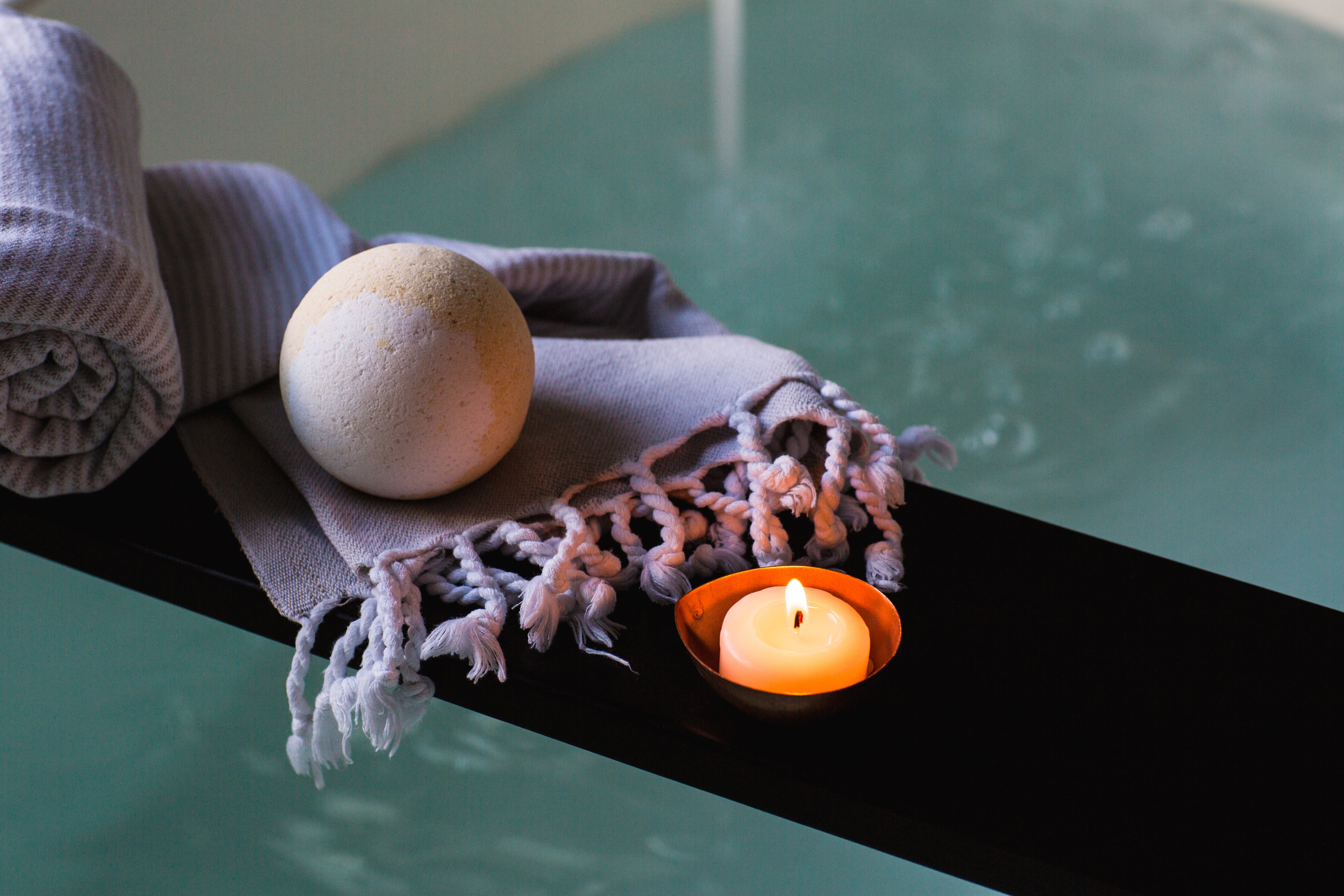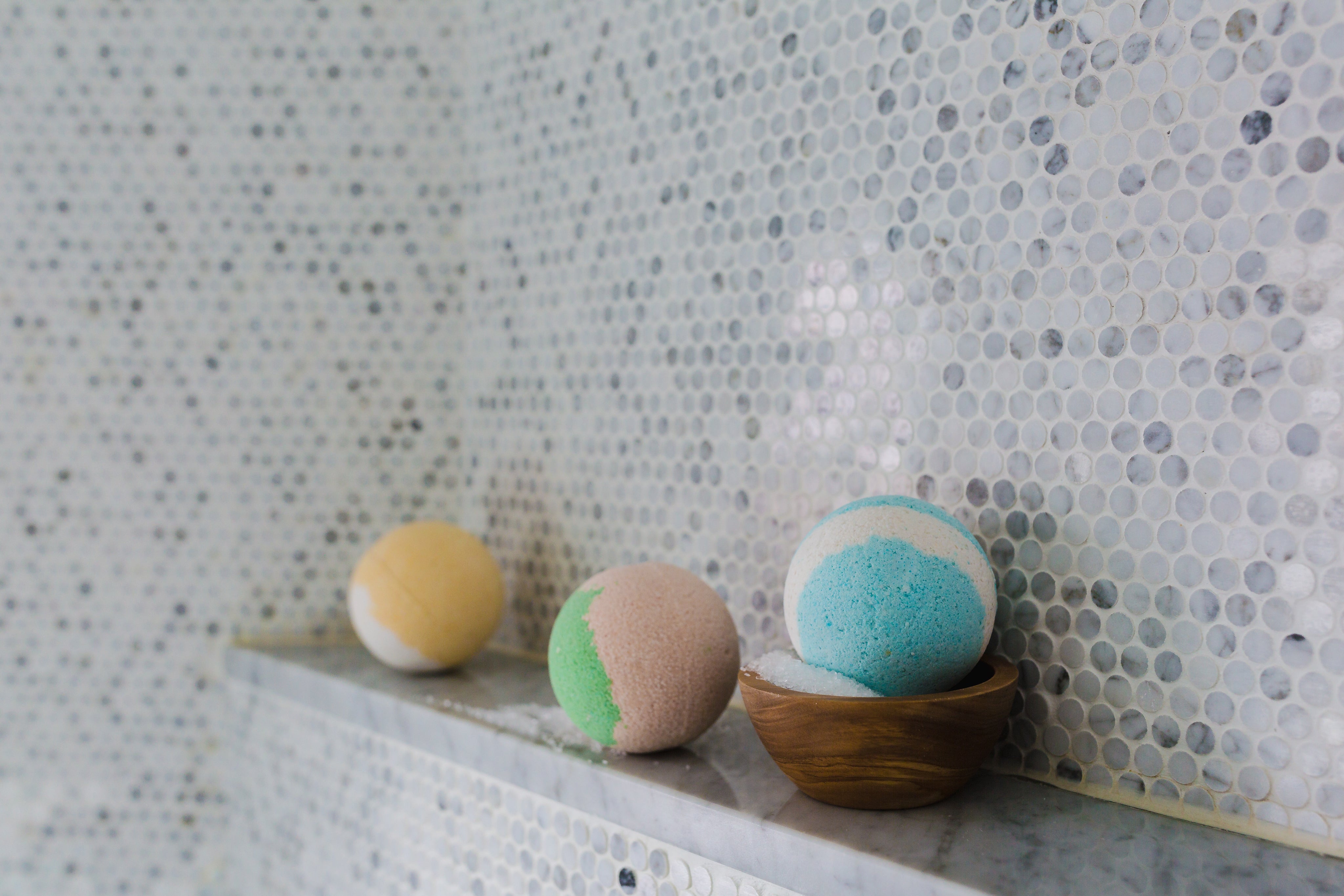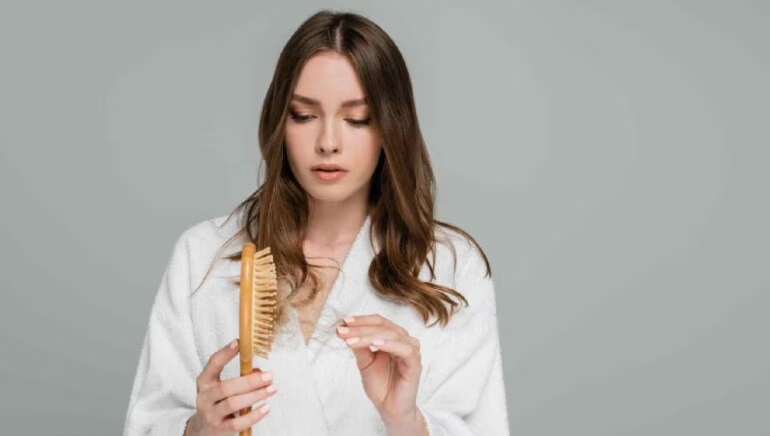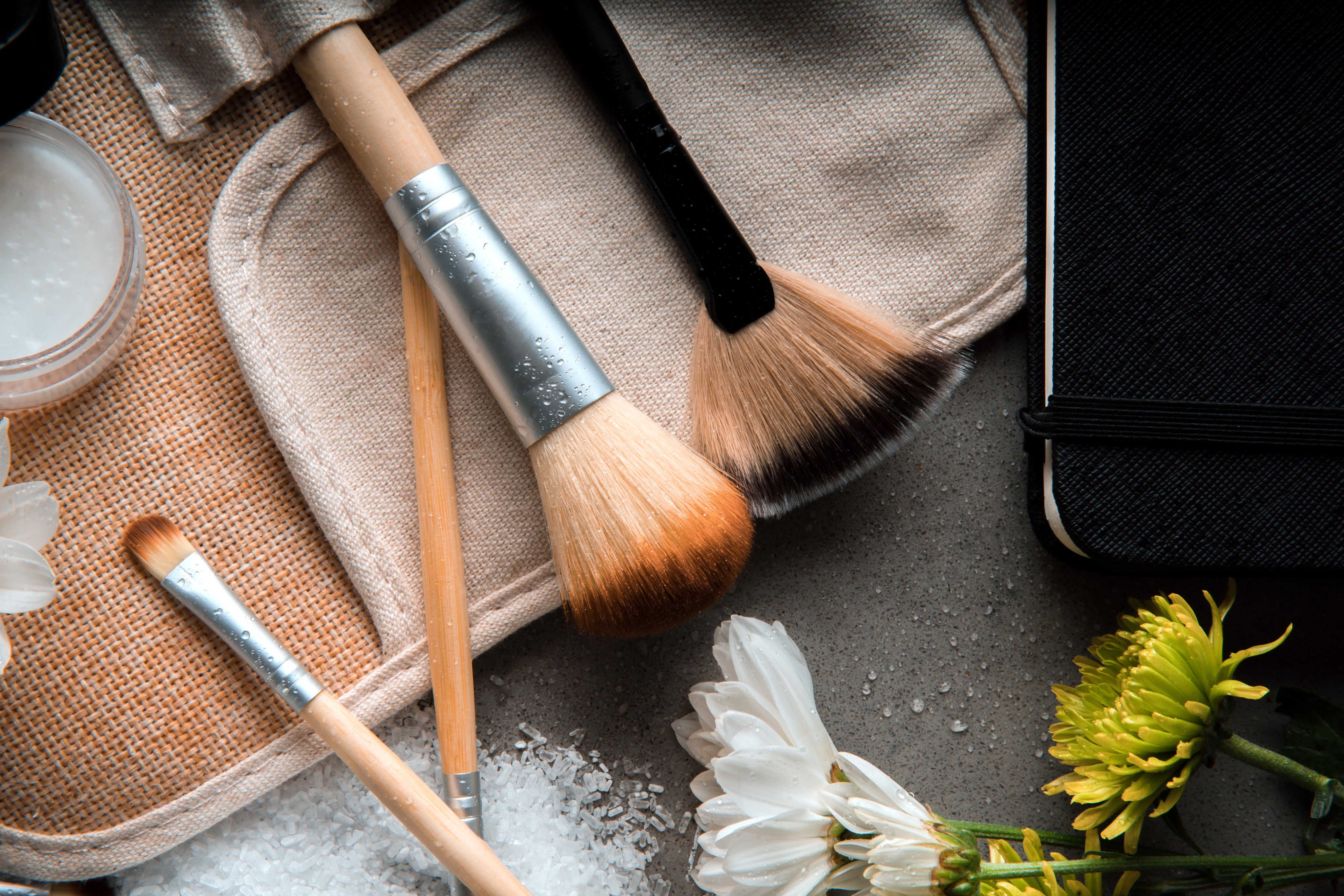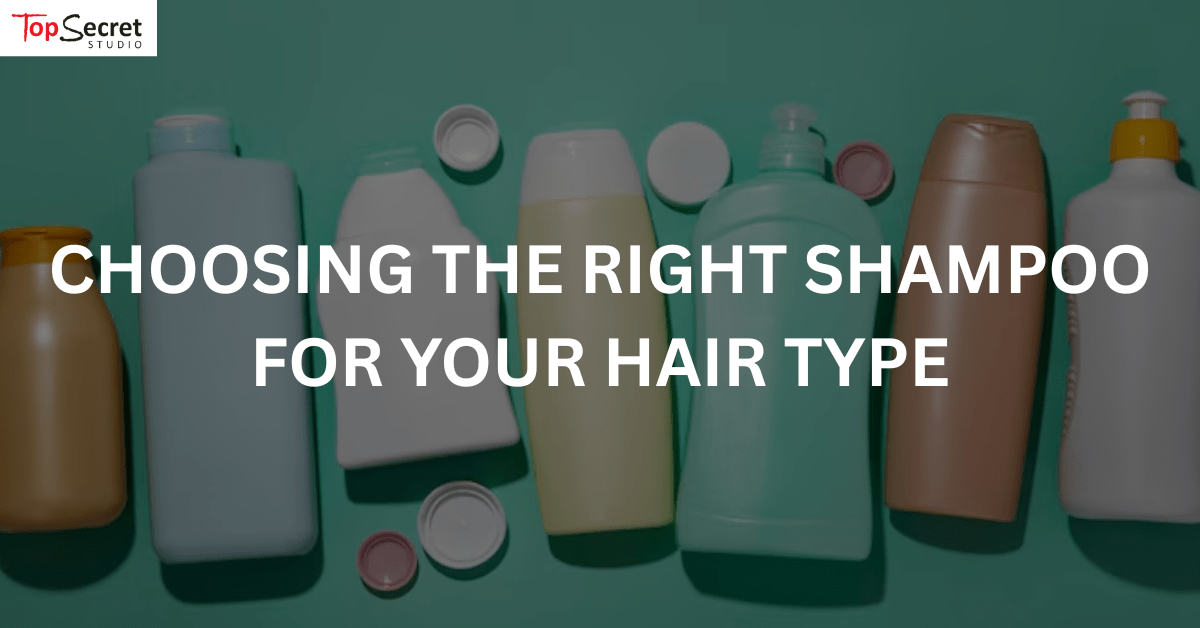
The Ultimate Guide to Choosing the Right Shampoo for Your Hair Type
Ever walked down the hair care aisle and felt utterly bewildered by the sheer number of shampoos promising everything from luscious locks to a rejuvenated scalp? You're not alone!
Selecting the correct shampoo is a foundational step in any effective hair care routine. It’s not just about lathering up, it’s about understanding your unique hair needs and choosing a product that caters to them.
Get it right, and you’re well on your way to healthier, happier hair. Get it wrong, and you might be inadvertently contributing to issues you’re trying to solve.
So, let’s untangle this often-confusing world of hair products together.
Understanding Your Hair Type
Before you even glance at a label, you must know your hair type. This is the most important factor in making the right shampoo selection. Generally, hair falls into a few main categories:
|
Hair Type |
Key Characteristics |
|
Oily Hair |
Excess sebum production, hair appears greasy quickly. |
|
Dry Hair |
Lack of moisture; dull, brittle, prone to breakage; tight or itchy scalp. |
|
Normal Hair |
Balanced sebum; neither overly oily nor dry. |
|
Combination Hair |
Oily roots and dry ends. |
|
Fine Hair |
Small strand diameter, often appears limp and lacks volume. |
|
Thick Hair |
Large strand diameter, full appearance but can feel heavy or dry. |
|
Straight Hair |
Lies flat from root to tip, no natural curl. |
|
Wavy Hair |
Gentle "S" shaped waves. |
|
Curly Hair |
Defined spirals or coils, tend to be drier. |
|
Coily Hair |
Tightly coiled, fragile and prone to dryness. |
Take a good look at your hair and scalp. How does it feel and look a day or two after washing? This will give you a strong indication of your primary hair type.
Identifying Your Scalp Concerns:
Your scalp health is firmly linked to the appearance and feel of your hair. Common scalp concerns include:
-
Oily Scalp: As mentioned earlier, this requires shampoos formulated to cleanse excess sebum without stripping the hair.
-
Dry Scalp: Often feels tight, itchy, and may have visible flakes (which can be confused with dandruff). Needs gentle, moisturising shampoos.
-
Sensitive Scalp: Reacts easily to certain ingredients, leading to redness, itching, or irritation. Requires hypoallergenic and fragrance-free formulas.
-
Dandruff: Characterised by noticeable flakes and often an itchy scalp. Medicated shampoos containing ingredients like zinc pyrithione or salicylic acid are often necessary.
Shampoo Ingredients: What to Look For (and What to Avoid)
The ingredient list on your shampoo bottle isn’t just for show, they hold the key to its effectiveness. While it can get complicated, here are some components to be aware of.
Good Ingredients to Spot:
-
For Hydration: These help dry hair retain moisture and improve its elasticity.
-
Glycerin
-
Panthenol (Vitamin B5)
-
Natural Oils (like Argan, Coconut, Jojoba)
-
For Gentle Cleansing: These are milder cleansers (surfactants) that lift dirt and oil without being too harsh, especially good for dry or sensitive scalps.
-
Coco-glucoside
-
Decyl glucoside
-
For Strength and Repair: These proteins can help fortify damaged hair and reduce breakage.
-
Keratin
-
Wheat Protein
-
For Soothing and Conditioning: These natural extracts can provide calming and conditioning benefits to the hair and scalp.
-
Aloe Vera
-
Chamomile
Ingredients to Be Mindful Of
-
Strong Cleansers (Sulfates): Effective at removing oil and dirt, which can be good for very oily hair. However, they can strip natural oils and be too harsh for dry, sensitive, or colour-treated hair.
-
Sodium Lauryl Sulfate (SLS)
-
Sodium Laureth Sulfate (SLES)
-
For Smoothness (Silicones): These can make hair feel smooth and look shiny, but they can build up over time, potentially weighing down fine hair and hindering moisture absorption. Water-soluble silicones are less likely to cause build-up.
-
Dimethicone
-
Cyclomethicone
-
As Preservatives (Parabens): Used to prevent bacteria growth. Some people prefer to avoid them due to debated health concerns.
-
For Scent (Fragrances): Can sometimes irritate sensitive scalps. If your scalp is easily irritated, consider fragrance-free options.
-
For Texture/Preservation (High concentrations of Alcohol): Can be drying to the hair, particularly if your hair is already dry.
Hair Concerns with Targeted Shampoos
Beyond basic hair types, many individuals have specific concerns they want their shampoo to address:
-
For Oily Scalp: Look for shampoos labelled "clarifying," "oil-control," or "balancing." These often contain stronger cleansing agents to remove excess sebum. Ingredients like tea tree oil or citrus extracts can also be beneficial. For those seeking a well-regarded option, many find a suitable shampoo for oily scalp within various brands.
-
For Dry Hair: Choose shampoos that are moisturising, hydrating, or formulated for dry or damaged hair. These typically contain more oils and conditioning agents. Avoid harsh sulfates.
-
For Fine Hair: Opt for volumising or thickening shampoos. These are usually lightweight and formulated to add body without weighing the hair down. Avoid heavy conditioners applied directly to the roots.
-
For Thick Hair: Look for shampoos that offer moisture and manageability. They often contain richer formulas to smooth the cuticle and prevent frizz.
-
For Coloured Hair: Select shampoos specifically designed for colour-treated hair. These are typically sulfate-free or have milder sulfates and contain ingredients to help prevent colour fading.
-
For Hair Loss: This is a significant concern for many. While no shampoo can magically regrow hair, certain formulations can support a healthy scalp environment, which is crucial for hair growth. Look for shampoos containing ingredients like biotin, niacinamide, or caffeine, which may stimulate the scalp. When considering the best shampoo for hair loss, it's often recommended to consult a dermatologist for a comprehensive approach, as hair loss can have various underlying causes.
-
For Damaged Hair: Choose shampoos that focus on repair and strengthening. Ingredients like keratin, proteins, and ceramides can help to rebuild the hair structure.
How Often Should You Wash Your Hair?
The frequency with which you shampoo your hair is another important consideration and often depends on your hair type and lifestyle.
Those with oily hair might find washing every day or every other day helps to manage grease build-up. Drier hair types, on the other hand, may only require washing two or three times a week to avoid stripping essential moisture.
Pay attention to how your hair and scalp feel – if your roots are oily or your hair feels weighed down, it's likely time for a wash.
How to Properly Shampoo Your Hair
The way you shampoo your hair can also impact its health and the effectiveness of the product:
-
Wet Hair Thoroughly: Make sure your hair is completely saturated with water before applying shampoo.
-
Apply Shampoo Primarily to the Scalp: Focus the shampoo on your scalp where oil and dirt accumulate.
-
Massage Gently: Use your fingertips to massage the scalp in circular motions. Avoid using your fingernails, as this can cause irritation.
-
Rinse Thoroughly: Ensure all shampoo is completely rinsed out. Residue can weigh down the hair and irritate the scalp.
-
Consider a Second Wash (If Needed): If your hair is particularly oily or dirty, a second, lighter wash can be beneficial.
-
Follow with Conditioner: Conditioner helps to replenish moisture and smooth the hair cuticle, especially after shampooing.
Listen to Your Hair
Ultimately, the best way to find the right shampoo is to pay attention to how your hair and scalp respond. If your hair feels clean, soft, and manageable without feeling stripped or weighed down, you’ve likely found a good match.
If you experience dryness, excessive oiliness, itching, or dullness, it might be time to try a different formulation. Be patient! It can sometimes take a bit of experimentation to discover your hair’s perfect partner.
At Top Secret Studio, we understand that this journey can sometimes feel overwhelming. That's why we strive to offer a curated selection of hair care products, designed to cater to a diverse range of needs and concerns.
We believe that everyone deserves to experience the joy of healthy, happy hair, and the right shampoo is the essential first step. So, take the knowledge you've gained, explore our collections, and trust your instincts.
With a little patience and attention, you'll discover the perfect shampoo that unlocks your hair's true potential. Here's to many good hair days ahead!
Frequently Asked Questions About Choosing the Right Shampoo for Your Hair Type
Can I Use the Same Shampoo Every Day?
For oily hair, daily washing might be suitable, but for dry or treated hair, frequent washing can strip moisture and colour. Assess your scalp's oiliness to determine the right frequency.
How Do I Know if a Shampoo is pH Balanced?
Look for the term "pH balanced" on the label, ideally within the 4.5 to 5.5 range, which aligns with the natural pH of the scalp and helps prevent irritation.
What is Co-washing, and is it Right for Me?
Co-washing involves washing hair solely with conditioner; it can be beneficial for very dry or curly hair that needs extra moisture and less stripping.
Can Men and Women Use the Same Shampoo?
Generally, yes, unless shampoos are specifically formulated for hormonal or scalp differences that are more prevalent in one gender.
How Long Should I Try a Shampoo Before Deciding if it Works?
Give a new shampoo at least 2-4 weeks of consistent use to see how your hair and scalp truly respond to the formulation.
Can My Shampoo Cause My Scalp to Be Itchy?
Yes. Fragrances, harsh sulfates, or certain preservatives in shampoos can irritate sensitive scalps, leading to itching and discomfort.

